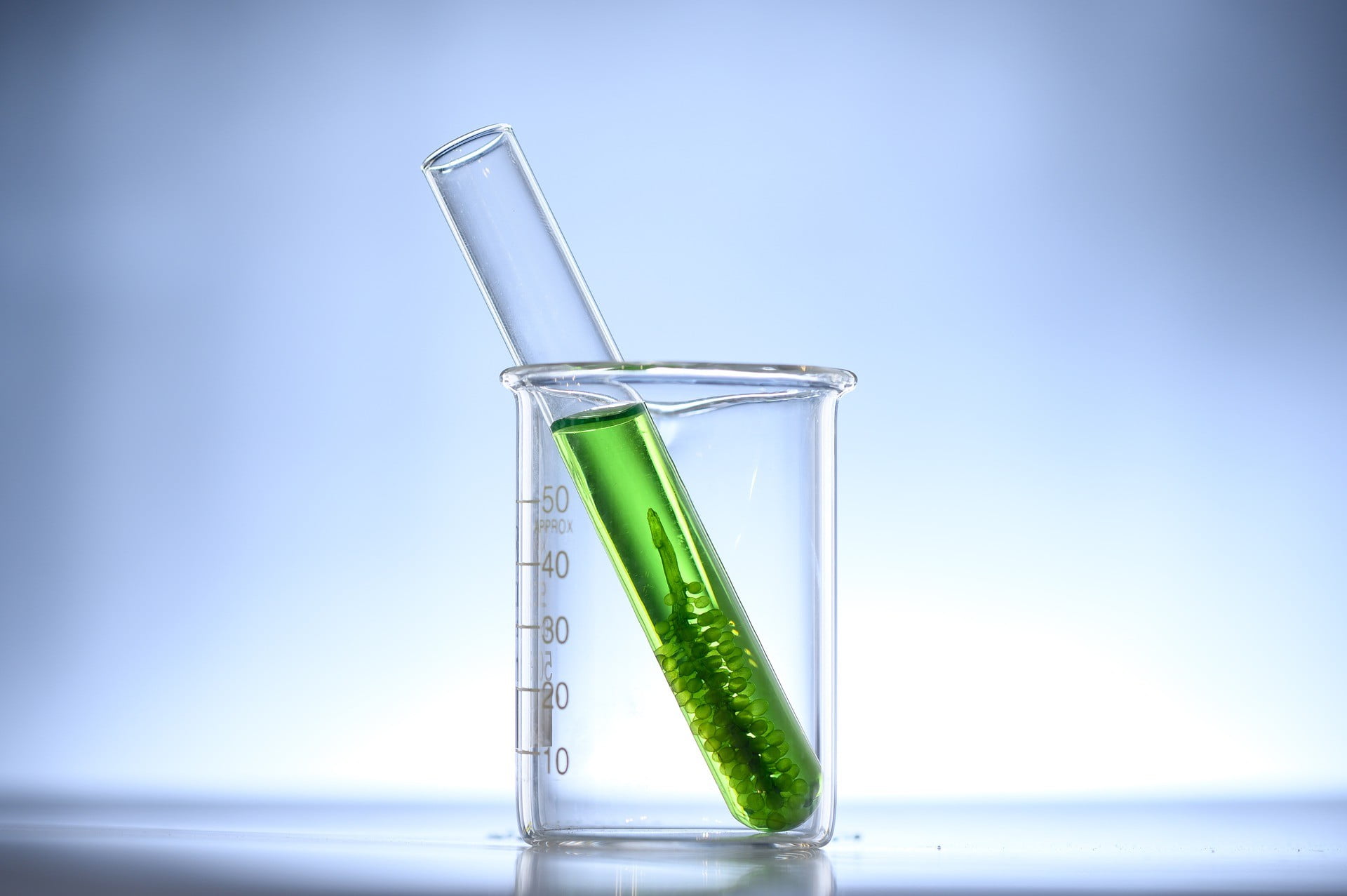Embrapa starts research to produce green diesel from poultry carcasses
14/10/20
|
Agroenergy Socioeconomic and environmental studies
Embrapa starts research to produce green diesel from poultry carcasses
In October, Embrapa Agroenergy (Brasília, DF) and the company Haka Bioprocessos, headquartered in Catanduva, SP, will start research that can result in a green diesel obtained from the hydrogenation of bio-oil from poultry bone waste.
The Unit will perfom the characterization of the chemical components of the raw material (bio-oil), pre-treatment, hydrogenation, and characterization of the end product. The researcher Itânia Soares, who leads the two-year-long project at Embrapa, reports that their goal is to obtain a similar composition to regular petroleum diesel oil, and thus add value to a kind of raw material that is not commonly used in the production of renewable fuels.
“We will use the hydrogenation process to generate paraffinic hydrocarbons with properties that are similar to diesel from fossil sources and differ from biodiesel, which is a mix of fatty acid esters, as they present greater stability and higher calorific value", explains Itânia. She is joined in the team by the researchers Rossano Gambetta, Leonardo Valadares, Dasciana Rodrigues and Diogo Nakai, all of whom from Embrapa Agroenergy.
The Unit will perfom the characterization of the chemical components of the raw material (bio-oil), pre-treatment, hydrogenation, and characterization of the end product. The researcher Itânia Soares, who leads the two-year-long project at Embrapa, reports that their goal is to obtain a similar composition to regular petroleum diesel oil, and thus add value to a kind of raw material that is not commonly used in the production of renewable fuels.
“We will use the hydrogenation process to generate paraffinic hydrocarbons with properties that are similar to diesel from fossil sources and differ from biodiesel, which is a mix of fatty acid esters, as they present greater stability and higher calorific value", explains Itânia. She is joined in the team by the researchers Rossano Gambetta, Leonardo Valadares, Dasciana Rodrigues and Diogo Nakai, all of whom from Embrapa Agroenergy.
Green Diesel
Green diesel, which can be defined as a renewable fuel for diesel cycle combustion engines that is produced from renewable raw materials, has not been included in the Brazilian energy mix yet. On September 17, the National Oil, Gas and Biofuel Agency (ANP) promoted a five-hour hearing about the regulation of quality and trade of the biofuel in the country.
“By producing green diesel from bones, we will be introducing the animal protein chain as an important agent in the energy transition to a low carbon economy, since we will be offering renewable fuels and inputs for agriculture and promoting the circular economy to decarbon activities”, states the founder and CEO of Haka Bioprocessos, Cyro Calixto.
Pending regulation to be traded within the Brazilian territory, green diesel could be added to regular diesel, which is already compulsorily contains 12% biodiesel in its composition. The result will be a ternary mixture, that is, a fuel composed by three different products.
"“This project will create a long-term legacy for Brazilian agribusiness. We expect to take this technology to the main producers of animal protein, such as Europe and the USA", Calixto.
The proposed regulation is in line with the Brazilian National Biofuels Policy (RenovaBio), which aims to expand the use of biofuels in the country’s energy mix for the sake of energy security, competitive participation of several biofuels in the national market, and mitigation of greenhouse gas emissions.
In other countries green diesel is already a reality, as it composes percentages of mixes with biodiesel, precisely because it is a better quality, less pollutant, and more vehicle-efficient fuel. In Europe, the biodiesel content allowed is 7% maximum, while in the United States the limit is 5%.
Green diesel regulation could also facilitate the production and trade of aviation biokerosene (which has already been regulated by ANP), once the production of biofuels in a biorefinery context generates different bioproducts in the same process.
“By producing green diesel from bones, we will be introducing the animal protein chain as an important agent in the energy transition to a low carbon economy, since we will be offering renewable fuels and inputs for agriculture and promoting the circular economy to decarbon activities”, states the founder and CEO of Haka Bioprocessos, Cyro Calixto.
Pending regulation to be traded within the Brazilian territory, green diesel could be added to regular diesel, which is already compulsorily contains 12% biodiesel in its composition. The result will be a ternary mixture, that is, a fuel composed by three different products.
"“This project will create a long-term legacy for Brazilian agribusiness. We expect to take this technology to the main producers of animal protein, such as Europe and the USA", Calixto.
The proposed regulation is in line with the Brazilian National Biofuels Policy (RenovaBio), which aims to expand the use of biofuels in the country’s energy mix for the sake of energy security, competitive participation of several biofuels in the national market, and mitigation of greenhouse gas emissions.
In other countries green diesel is already a reality, as it composes percentages of mixes with biodiesel, precisely because it is a better quality, less pollutant, and more vehicle-efficient fuel. In Europe, the biodiesel content allowed is 7% maximum, while in the United States the limit is 5%.
Green diesel regulation could also facilitate the production and trade of aviation biokerosene (which has already been regulated by ANP), once the production of biofuels in a biorefinery context generates different bioproducts in the same process.
Translation: Mariana Medeiros
Irene Santana (Mtb 11.354/DF)
Embrapa Agroenergy
Press inquiries
agroenergia.imprensa@embrapa.br
Phone number: +55 61 3448-1581
Further information on the topic
Citizen Attention Service (SAC)
www.embrapa.br/contact-us/sac/

